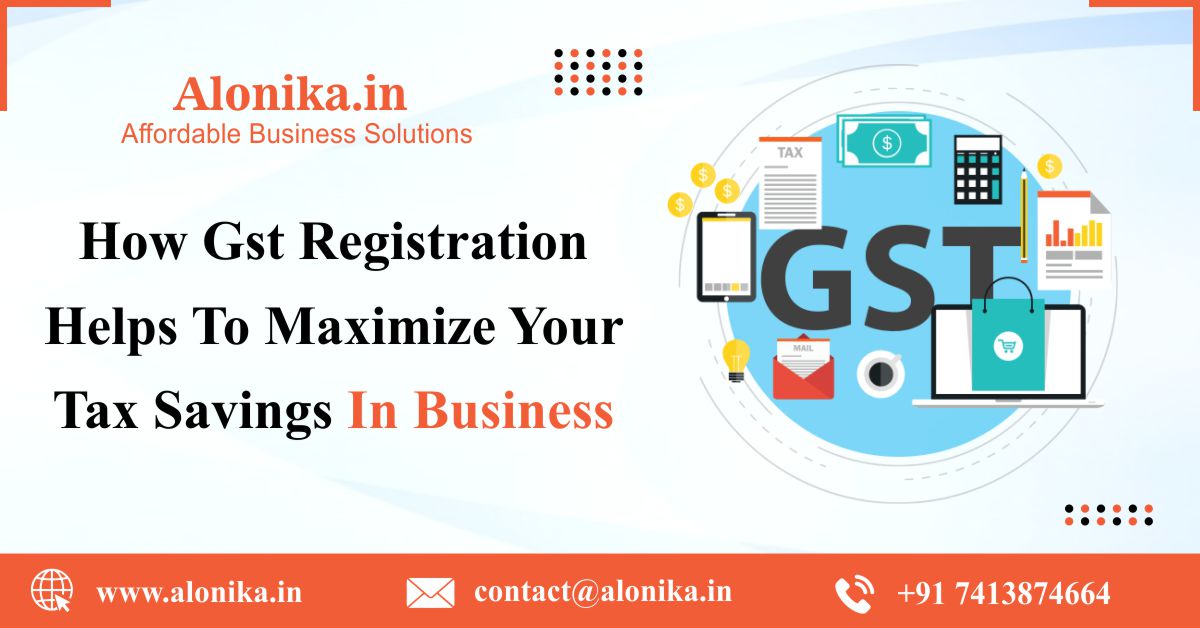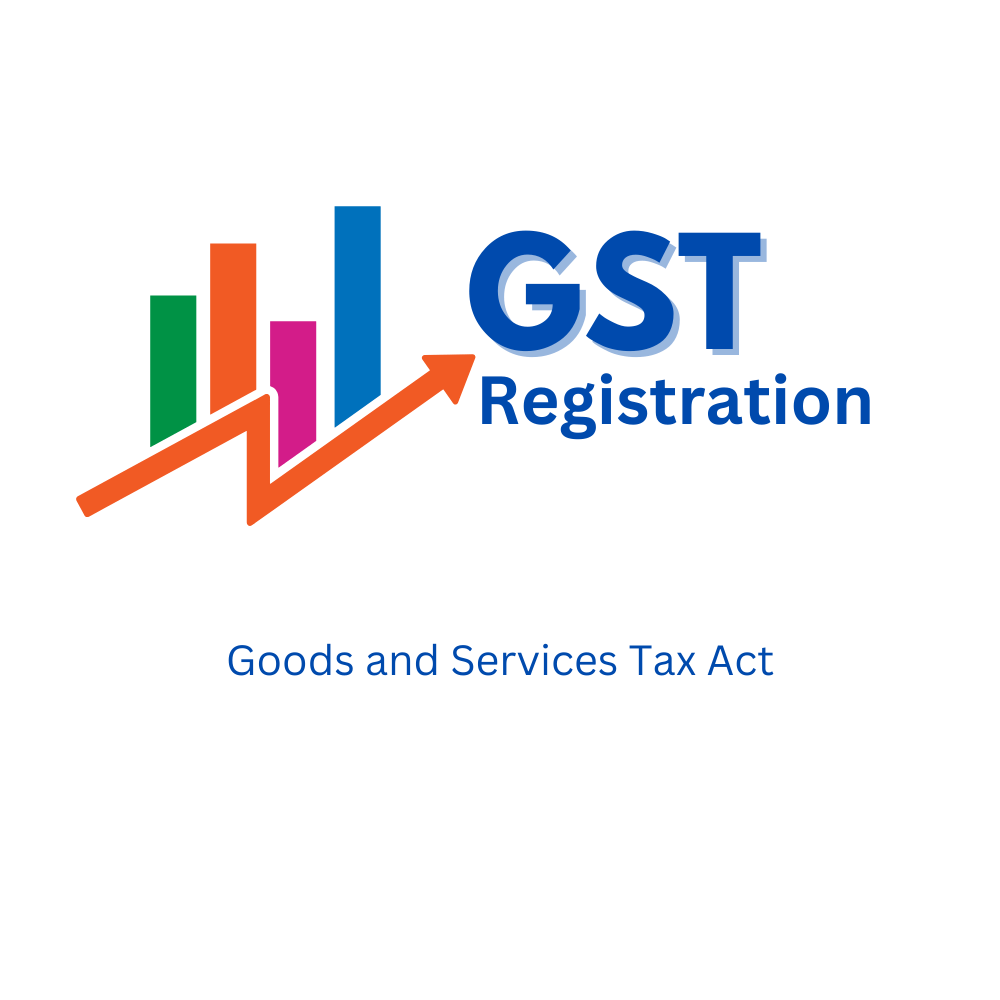Singapore GST Registration: What You Required to Know Before Using
Singapore GST Registration: What You Required to Know Before Using
Blog Article
The Ultimate Guide to Simplifying the GST Enrollment Process and Demands for Small Company Owners

Recognizing GST Basics
To comprehend the principles of the Goods and Provider Tax Obligation (GST) system, small company owners have to initially recognize its underlying effects and principles. GST is a value-added tax obligation levied on the majority of products and services for residential usage. It aims to simplify the taxes process by changing several indirect tax obligations enforced by the state and central federal governments. Under the GST regimen, services are required to sign up and gather tax obligation on part of the federal government, making sure transparency and compliance.
One of the key principles of GST is input tax obligation credit history, which permits services to claim credit history for tax obligations paid on their acquisitions. This mechanism protects against the cascading impact of taxes and promotes efficiency in the tax system. In addition, GST is a destination-based tax, meaning that the tax obligation is levied at the factor of intake as opposed to the point of origin. This ensures fair circulation of tax obligation earnings among states based upon where the goods or services are consumed. Comprehending these fundamental principles is important for tiny organization owners to browse the intricacies of the GST system and make sure compliance with the regulation.
Qualification Requirements for Registration
Having actually developed a foundational understanding of GST concepts, local business owners need to now fulfill specific eligibility standards to wage the registration procedure. In India, entities participated in the supply of goods or services with a yearly aggregate turnover exceeding Rs. 40 lakhs (Rs. 10 lakhs for unique group states) are needed to sign up for GST. In addition, certain businesses such as those included in inter-state supply of items, casual taxed persons, and those required to pay tax obligation under the reverse charge mechanism have to sign up for GST regardless of their turnover. Organizations that were signed up under the previous tax routine (VAT, service tax obligation, and so on) are likewise mandated to register under GST. Agricultural services that just supply generate out of main production are exempt from GST enrollment. It is important for company proprietors to meticulously analyze their qualification based visit this web-site upon these criteria to guarantee conformity with the law and avoid any kind of fines for non-compliance.
Records Needed for GST Enrollment

Simplified Enrollment Refine Steps
Complying with the collection and confirmation of the requisite papers, the enrollment procedure for GST can be navigated through a series of streamlined steps designed to assist in reliable conformity for tiny company proprietors. Upon successful confirmation, an Application Referral Number (ARN) is issued, showing the conclusion of the GST enrollment procedure. By following these simplified actions, little company owners can properly register for GST and make certain conformity with tax obligation policies.
Tips for Ensuring Compliance
To preserve regulative adherence and operational integrity, persistent oversight and aggressive actions are crucial in guaranteeing compliance with GST requirements for little company owners. Tiny business proprietors have to stay upgraded with GST policies, filing due dates, and any type of modifications in tax obligation prices to prevent charges and maintain a great standing with tax authorities. Attending GST understanding workshops or training programs can boost understanding and compliance with GST regulations, eventually profiting the company in the lengthy run.
Final Thought
In verdict, local business proprietors should recognize the basics of GST, fulfill the qualification criteria, collect required documents, and adhere to the simplified enrollment procedure steps i loved this to ensure conformity. By streamlining the GST enrollment process and demands, tiny business owners can avoid penalties and run their businesses smoothly within the legal framework - Singapore GST Registration. It is vital for small company owners to remain educated and compliant with GST policies to preserve an effective business procedure
Tiny company proprietors looking for GST enrollment must ensure they gather and send the essential papers to complete the enrollment procedure effectively. The files needed for GST enrollment typically consist of proof of company enrollment or consolidation, PAN (Permanent Account Number) card of the organization address, identification and entity proof of the promoters/partners/directors, pictures, address evidence of the location of company, financial institution account declarations or canceled cheques, and permission types. Attending GST awareness workshops or training programs can boost understanding and compliance with GST guidelines, eventually benefiting the organization in the long run.
By streamlining the GST enrollment process and needs, tiny service proprietors can stay clear of penalties and run their businesses efficiently within the lawful structure. It is crucial for small business owners to stay compliant and educated with GST policies to preserve an effective service operation.
Report this page